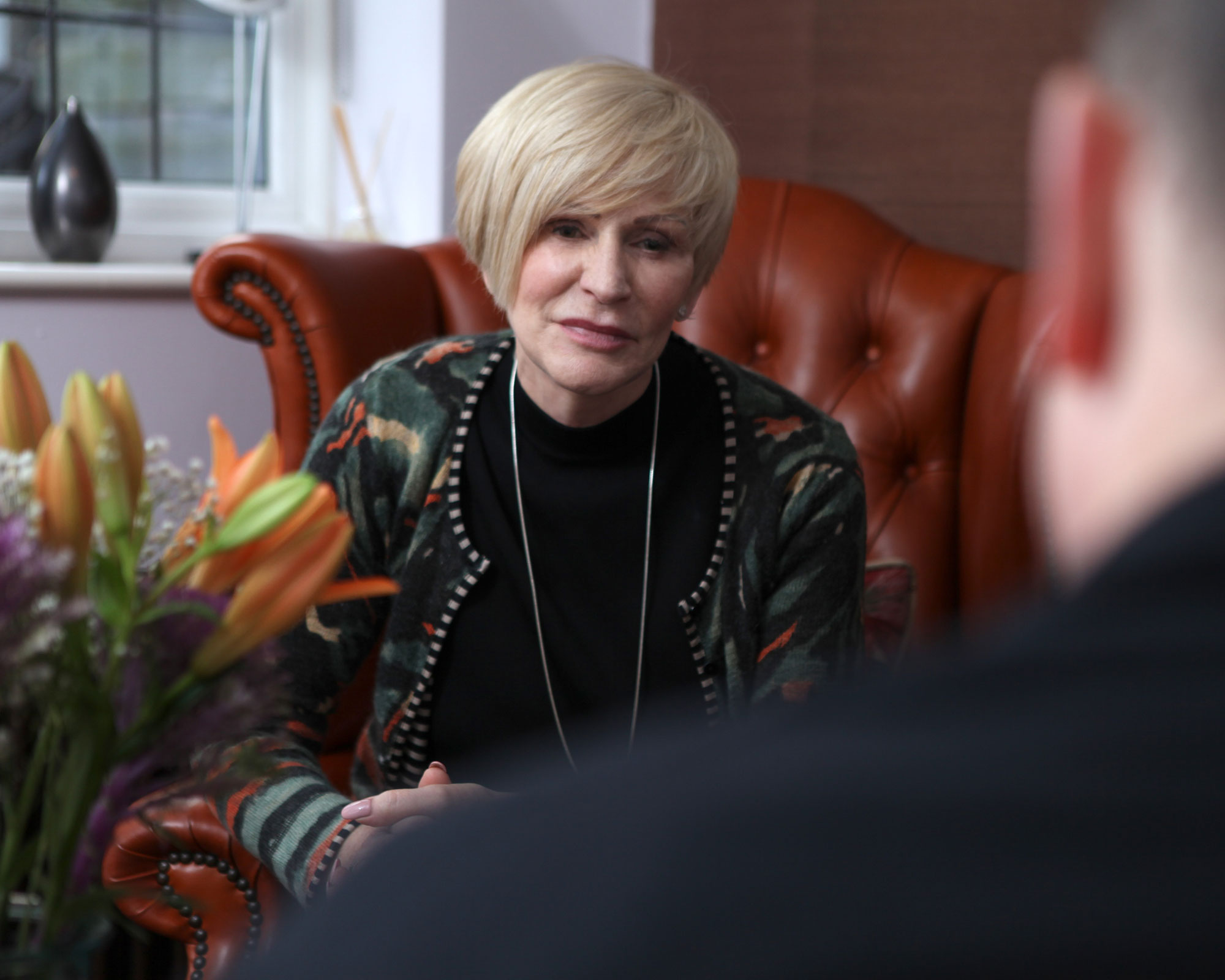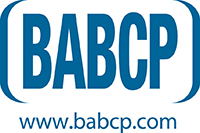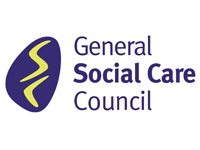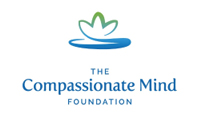- Panic attack/disorders
- Agoraphobia
- Anxiety
- Depression
- Post Traumatic Stress
- Trauma
- Health anxiety
- Abuse
- Anorexia Nervosa
- Binge-Eating Disorder
- Bullying
- Relationship issues
- Self harm
- Sexual Issues
Welcome to Cheshire & Manchester CBT
Are you struggling with anxiety, OCD, panic or worry? Ready to overcome a phobia? Has your life been disrupted by an accident, trauma or difficult bereavement? Are you depressed and ready to move forward? CBT (Cognitive Behavioural Therapy) could be the answer.
CBT can help with the following issues:
- Stress
- Work Related Stress
- Worry (Generalised Anxiety Disorder)
- Specific phobias
- Obsessive Compulsive Disorder
- Thrichotillomania (skin picking and hair pulling)
- Anger issues
- Emotional Abuse
- Low Self-Confidence
- Physical Abuse
- Pre-nuptial Counselling
- Schizophrenia
- Separation and divorce
- Bipolar Disorder/ Manic Depression
- Compulsive Hoarding
- Disabilities
- Behavioural Therapy
- Cognitive and Behavioural Therapies
- Cognitive Behavioural Therapy (CBT)
- Cognitive Therapy
- Humanistic Therapies
- Integrative
- Person-Centred Counselling
What is Cognitive Behavioural Therapy (CBT)?
Cognitive Behavioural Therapy (CBT) is recommended by The National Institute of Clinical Evidence (NICE) to be effective for different disorders. Many hundreds of clinical trials have provided evidence to show it is an effective talking treatment for a variety of disorders.
Cognitive Behavioural Therapy is collaborative and recognises that each individual brings a range of expertise and knowledge to the process. I will work in partnership with you in order to explore your individual needs.
In the first few sessions I will provide an assessment of what is troubling you. I can begin to develop a detailed understanding of your difficulties and what may be maintaining them. This will be ‘mapped out’ on paper and given to you to help you begin to understand how your problems may be maintained, this is referred to as developing a formulation. Simply this means us working together to make sense of how your past experiences, thoughts, beliefs, emotional states, physical symptoms and behavioural patterns may serve to maintain your difficulties.I can then advise you of how to move forward.
What is Compassion Focused Therapy.
Developed by Professor Paul Gilbert the approach has growing evidence that developing the feelings of compassion for one’s self and others can have a positive impact on our body, brain and mind. Research evidence suggests that developing feelings of compassion can have a profound impact on our physical and mental health, relationships, and general well-being. Compassion Focused Therapy has been shown to be successful for people who experience feelings of guilt and shame and who are self-critical.
The aim of the therapy is to identify and change unhelpful thoughts (cognitive) and behaviours (behavioural styles) that stop us achieving our life goals. Cognitive Behavioural Therapy will help you identify and alter unhelpful thoughts, modify unhelpful beliefs changing behaviour and how we relate to others.
- Cognitive Behavioural Therapy is time limited and I will work in partnership with you to tailor the therapy to your unique needs.
Each sessions last for an hour depending on what you feel is right for you anything from 6 to 25 sessions. I will talk to you on a regular basis throughout the process so you can review how things are going and discuss the ending of therapy. - It has been found that therapy may be enhanced if you do some out of session work, possibly keeping a diary, reading some information or trying out new things, I will discuss with you what will be most relevant to your achieving your goals.
- Cognitive Behavioural Therapy is one of many talking therapies available. If after assessment we decide a different talking therapy may be more suitable for you I can signpost you accordingly.
How can it help?
I will help you gain a perspective about whatever is troubling you. Together we can identify what might be stopping you from reaching your full potential and what action you need to take to improve your situation. I am trained to look beyond presenting problems to possible underlying causes. The aim of the therapeutic process is to help you understand and accept yourself, to modify your behaviour and thought processes to that which is more productive and to move towards the kind of person you want to be.
I will offer you warmth and understanding, listening in a way that helps you to identify what is important to you and offering you the opportunity to make changes.
There are many forms of therapy to choose from. As each person is an individual with unique experiences I adapt formulations and treatment to meet the individual needs of the client. I take a collaborative approach and you will be encouraged to take an active part in the treatment process. Goals for therapy will be devised followed by realistic in between session tasks aimed at you getting the best from the sessions.
What is EMDR?
Eye Movement Desensitisation & Reprocessing
The use of EMDR has been recommended by The Department of Health’s National Institute of Clinical Excellence. (NICE) in the guidelines they issued on Post Traumatic Stress Disorder in 2005. This reflects the evidence for its effectiveness which has been collected from clinicians and researchers.
If something traumatic has happened to you (whether it be a car accident, abuse or something seemingly less significant like being humiliated), the memory of your experience may come crashing back into your mind, forcing you to relive the original event with the same intensity of feeling – like it is taking place in the present moment.
These experiences that pop into your awareness may present themselves as either flashbacks or nightmares, and are thought to occur because the mind was simply too overwhelmed during the event to process what was going on.
As a result, these unprocessed memories and the accompanying sights, sounds, thoughts and feelings are stored in the brain in ‘raw’ form, where they can be accessed each time we experience something that triggers a recollection of the original event.
While it isn’t possible to erase these memories, the process of Eye Movement Desensitisation Reprocessing (EMDR) can alter the way these traumatic memories are stored within the brain – making them easier to manage and causing you less distress.
Examples of what EMDR has been used to treat are,
- Assault.
- A road traffic accident.
- A natural disaster like a flood or fire or very severe storm.
- Neglect or bullying in childhood.
- Admission to hospital with sudden mental illness.
- Experiences associated with war or being a refugee.
- Phobias, anxieties of various sorts and pain, but its most familiar use remains in the treatment of Post-Traumatic Stress Disorder (PTSD).
What is the therapy like?
I will carry out a thorough assessment of your difficulties this will help me to ascertain whether EMDR is suitable for the problems you have described. You will be asked about your difficulties, whether you have physical problems, if you are taking medication, and what support you have available to you.
I will spend time doing preparatory exercises, possibly a ‘safe place’ procedure, or breathing retraining, or deep muscle relaxation.
Time is taken to explain the therapy and address any concerns you may have. A lot of importance is attached to giving you a sense of being in control of what happens in the work.
The unusual feature of the therapy is the way in which I as a therapist seek to target the sources of your distress by stimulating the two sides of your brain (Its left and right hemispheres). Usually this is done by eye movements. You watch as I pass my hand fairly rapidly backwards and forwards across your field of vision while at the same time I will help you to recall the difficult experience from the past. At all times you are conscious and the procedure is entirely safe.
How does EMDR work.
When people are involved in a distressing event they may find themselves overwhelmed by it. Their minds are unable to process what has occurred in the way this normally happens as an event becomes distant and takes its place in the memory.
Instead the event or events become frozen and is sometimes intensely and repeatedly relived, as if it were happening right now and not a while ago. The alternating left right stimulation of the brain with eye movements or by some other means, seems to unblock the system. The distressing events become less intense and less immediate, and more like ordinary memories.
Length of treatment.
With the simpler traumas and distressing events of adult life. EMDR can be very rapid in its effects, and average treatment times for these kinds of problems are from three to five sessions. With more complex ones, which have been endured for longer, or which happened when you were young. EMDR is more likely to be included as a bigger piece of work, one which may stretch over a number of months.
Further sources of information.
National Institute of Clinical Excellence.
www.nice.co.uk
A website outlining the research evidence can be found at
www.emdr-europe.org/research.htm

About me
My name is Lorraine Lowe. I am a fully qualified and accredited Cognitive Behavioural and EMDR Therapist. I am a registered and fully qualified social worker and counsellor. I engage in a minimum of thirty hours of continuing professional development each year.




I have over thirty five years of experience in helping people with a range of different problems. I have worked in a variety of National Health Service and voluntary organisations. I am currently employed full time as a cognitive behavioural therapist in Manchester. I receive referrals from many people to include GPs.
• I have worked as a Counsellor to adults aged 18 to 80 years in the NHS.
• I have full professional insurance.
• I have an up to date CRB check in place.
• I am a member of the BABCP.
I understand how daunting it can be finding a therapist. Please be assured I will take time to listen to your concerns. I am an experienced, compassionate and skilled therapist with over thirty-five years’ experience in the field of mental health.
I am fully qualified and accredited and ensure I keep up to date with the latest research by attending regular training events. I am required to engage with clinical supervision and in doing so ensure my practice is ethical and safe.
I aim to provide therapy that is tailored to your needs. CBT is evidenced as the most effective therapy for treating anxiety and depression. I also draw upon other modalities of therapy, for example Compassion Focused Therapy, Acceptance and Commitment Therapy and EMDR. in working with you as a unique individual in finding lasting solutions to your problems
I offer an assessment session. This gives us both the opportunity of considering if we want to work together. We can also get a sense of your difficulties and contract to meet for an agreed number of sessions. The number of sessions would depend on the complexity and duration of the issues and the level and depth you want to explore them.
You are free to terminate the therapy at any time. A review session will take place at the end of the agreed number of sessions and this is where we will jointly review progress and what further action, if any may be needed.
Each session lasts up to one hour. If you are late arriving the session will finish on time. This is in order to maintain the confidentiality of the next person arriving and give me an opportunity to write case notes. Contact me to get started.
- I am a fully accredited member of The British Association of Behavioural and Cognitive Psychotherapies. (BABCP).
- I am fully registered member of the General Social Care council.
- Member of the compassionate mind foundation.
- Published a poster at the recent CFT conference
- Accredited and supervised practice
- Work with AVIVA, Insurers.
• Qualified Social Worker
• Diploma in Counselling
• Post Graduate Diploma in CBT
• Certificate in Mental Health.( Manchester University.)
• Qualified Practice supervisor/ Social Work.
I adhere to the BABCP ethical guidelines and framework for psychotherapy practice. I treat all information disclosed as confidential. Any details my supervisor receives is also confidential and we do not disclose client details to a third party without the clients permission. However, if in my opinion there is a risk of harm to the client or others, I do reserve the right to inform appropriate agencies. In addition confidentiality can only be offered within accepted legal boundaries. I am obliged to have contact details of your GP on file. It is my practice, wherever possible to inform the client first, should confidentiality need to be breached. I keep brief notes of our work together, which you are entitled to see anytime you wish.
I receive supervision on a regular basis. Supervision is a way of ensuring quality control and that good therapeutic standards are maintained.
What have my past clients said about my services?
The feedback I receive is incredibly humbling yet it gives me the job satisfaction to drive me to continue having positive impact in people lives.
Fees
An initial full and comprehensive assessment will cost £80 and can last up to 75 minutes. All treatment sessions after that last up to an hour and cost £80.00
- Free 15 minute telephone screening available. An opportunity to discuss if I am the right therapist to meet your unique needs.
- Company costing of sessions available on request.
- I offer home visits.
- ON line counselling.
- Telephone counselling.
- Evening and weekend appointments available.
- Confidentiality ensured.
Please email with any queries you may have. If CBT is not the right therapy for you I can signpost you to other qualified and reliable therapist.
Book an appointmentGet in touch
If you feel you are approaching crisis or anticipate that at some point you may need immediate help you can discuss this with me and I can provide you with a list of ‘crisis contacts’. All the services are trained to deal with emergencies. Alternatively with your permission I can contact your GP or any other mental health professionals you are in contact with for additional support.
There are times I am unavailable. You can leave a message on my voicemail when I am not personally available. You can also text or email. Please be aware that you may not receive a reply immediately, therefore do not rely on the phone, text, or email in times of crisis. I will endeavour to contact you at my first opportunity.
Telephone: 07432 705703
Take the first step, contact me
Please contact with any queries you may have. If CBT is not the right therapy for you I can signpost you to other qualified and reliable therapist. Once you’ve sent the message, please check your email for confirmation of receipt.
Call 07432 705 703 or email me now
How to find us
We are a short distance from Hale Barns Village. Located down Tithebarn Road opposite the Tennis club. There is parking outside the premises on the road. If you are arriving by public transport there is a metro or rail link to Altrincham Metrolink and train station, you will need to get the number 283 bus and this stops immediately outside the property.
In the unlikely event I am unable to attend an appointment; I will endeavour to give as much notice as possible. For this reason I need to have an up to date telephone number and or email address. Simply leave your name and number if you are unavailable.
Cheshire and Manchester CBT
23 Chapel Lane
Hale Barns
Cheshire
WA150AB
Tel: 07432 705 703
Cancellation policy
If you wish to cancel; an appointment I require a minimum of 48hrs’ notice, otherwise you will unfortunately be liable for the full cost of a session. Payment can be made by cash or cheque, at the end of each session. Organisations will be invoiced monthly or at the end of a given contract period. Fees are subject to annual review and non-payment of fees may result in formal recovery.






